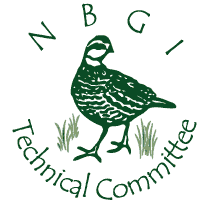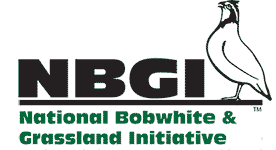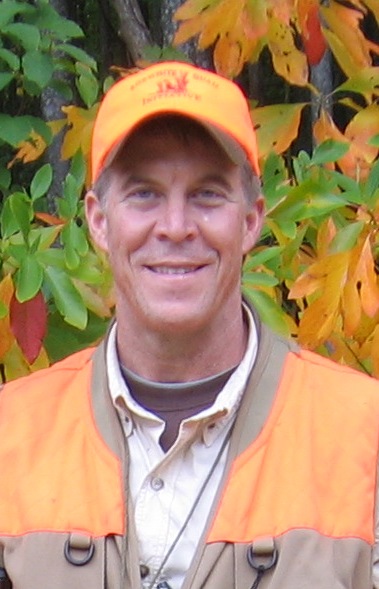You can’t handle the truth! … Jack Nicholson to Tom Cruise, in the movie, “A Few Good Men.”
Every person taking the time to read this blog wants earnestly to do their part to help restore abundant bobwhites and grassland birds, and their habitats. That dedication to the resource is not in question. What I do wonder lately is whether bobwhite conservationists are really ready for success.
I get asked weekly if the NBCI is “successful,” if there is real hope for quail. The Initiative is, after all, almost 10 years old. I can credibly cite a long and profound list of improvements in the energy levels, activities, organization, infrastructure, policy improvements, vision, strategy, capacity and profile of bobwhite conservation (e.g., see the “NBCI Accomplishments and Milestones” fact sheet at www.bringbackbobwhites.org ). These are important and necessary steps that add real value to, and enable, full-speed implementation of the NBCI.
But what people really want to know is “has the NBCI succeeded anywhere in restoring sustainable, huntable populations of wild quail?” That question is harder to answer – not because there isn’t lots more quail habitat restoration happening now than before. Not because quail habitat restoration isn’t working. But because we are afraid of ourselves.
Success breeds success. An initial trickle of successes will stimulate more successes. Eventually a growing stream of quail restoration success stories across the country can fuel a burgeoning movement. People want to be part of and to invest in winning propositions. Building this positive feedback loop is vital for the long-term viability, sustainability and growth of the NBCI; indeed, for simply keeping hope alive.


